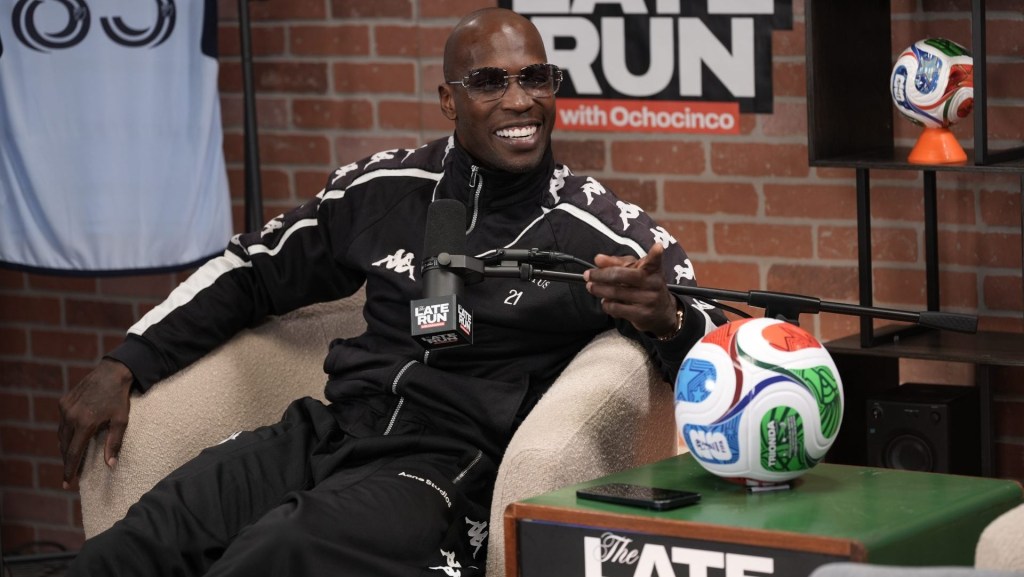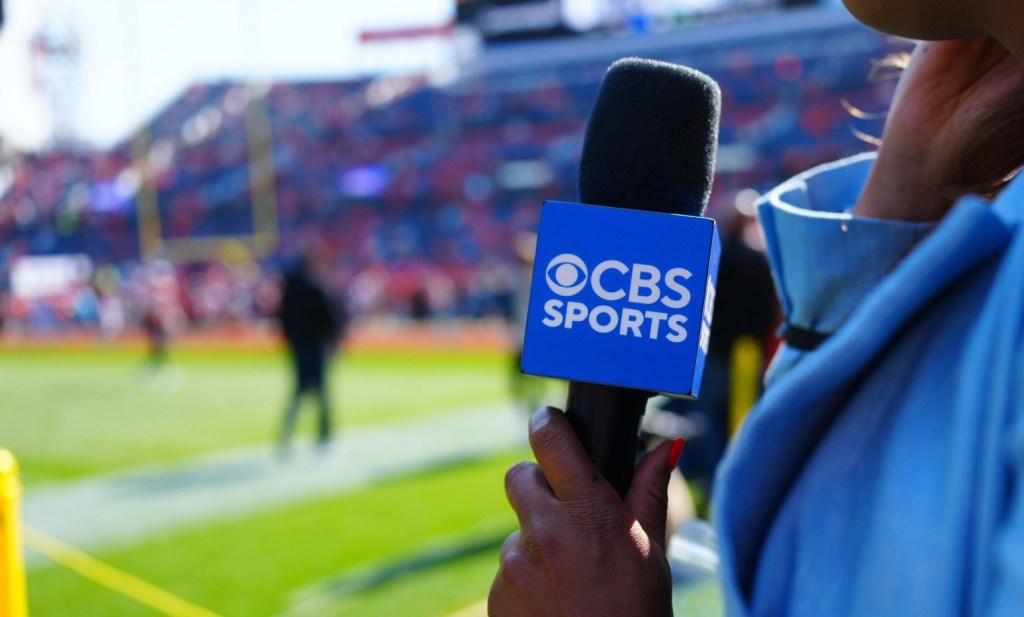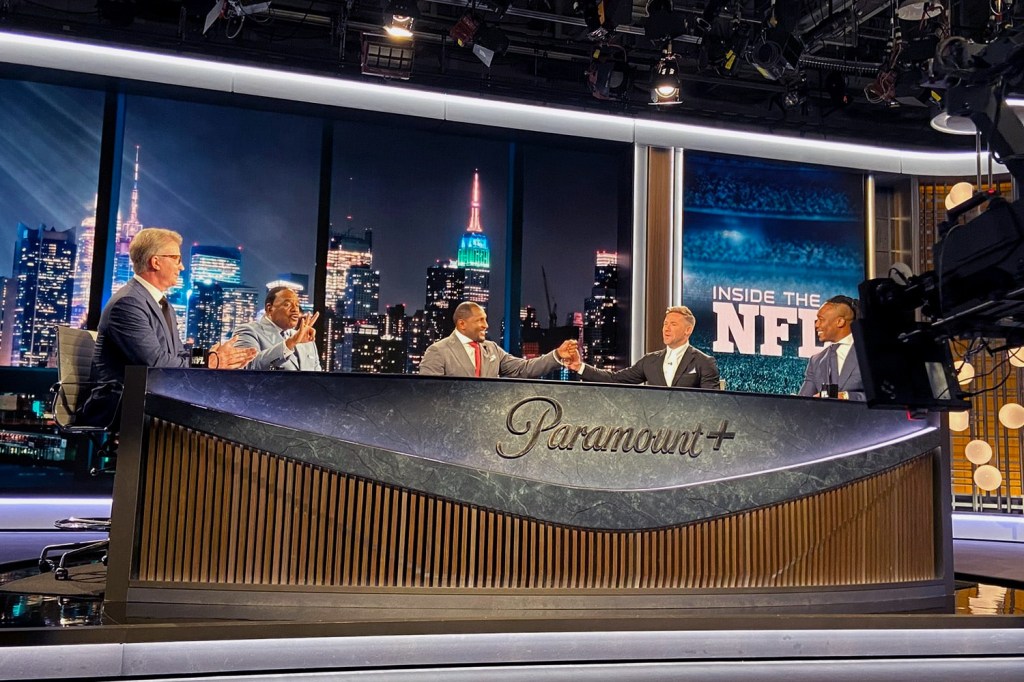There’s a certain streamer on the market that features the NFL, Premier League, Big Ten Conference, PGA Tour, WWE, Notre Dame football, two legs of horse racing’s Triple Crown, and several other top sports properties. And the platform, as well as sister broadcast network NBC, was not invited to be part of the dramatic sports streaming joint venture unveiled last week involving ESPN, Warner Bros. Discovery, and Fox, leaving big questions on both sides.
Comcast, the NBCUniversal parent whose Peacock service offers one of the broadest sets of sports programming of any streamer, has steadfastly refused to comment on the new effort involving several of its top rivals. But the company’s role, or lack thereof, in this streaming rebundling is noteworthy on multiple levels. Not only does Peacock have some of the industry’s top sports content, but it is also aligned with the country’s largest cable carrier—with that status now further threatened by the new bundle’s overt attempt to reach cord-cutters and cord-nevers.
Privately, several Comcast sources reached by Front Office Sports have suggested a certain skepticism with the joint venture, particularly as it doesn’t yet have a name, appointed leadership, finalized pricing plan, or, by the companies’ own admission, a definitive agreement to create the planned product. More broadly, there is also no communicated strategy about how the new service will coexist with not only traditional cable and satellite TV but also single-sport and single-network streaming offerings, as well as digital multichannel providers such as YouTube TV.
“All the questions you have, they have,” says a source familiar with Comcast’s thinking.
That skepticism, however, is not surprising given how Comcast competes with the other companies, particularly ESPN corporate parent Walt Disney Co., on multiple fronts. Peacock, meanwhile, is on its own mission to reduce subscriber churn and operational losses, particularly on the heels of a record-setting livestream of a recent NFL playoff game.
The new sports streaming bundle also provides an even more complicated reality for Comcast. While on one hand it further threatens its legacy cable television business, it could also help burnish its much more profitable broadband connectivity business.
And both realities can, and quite possibly might, exist simultaneously.
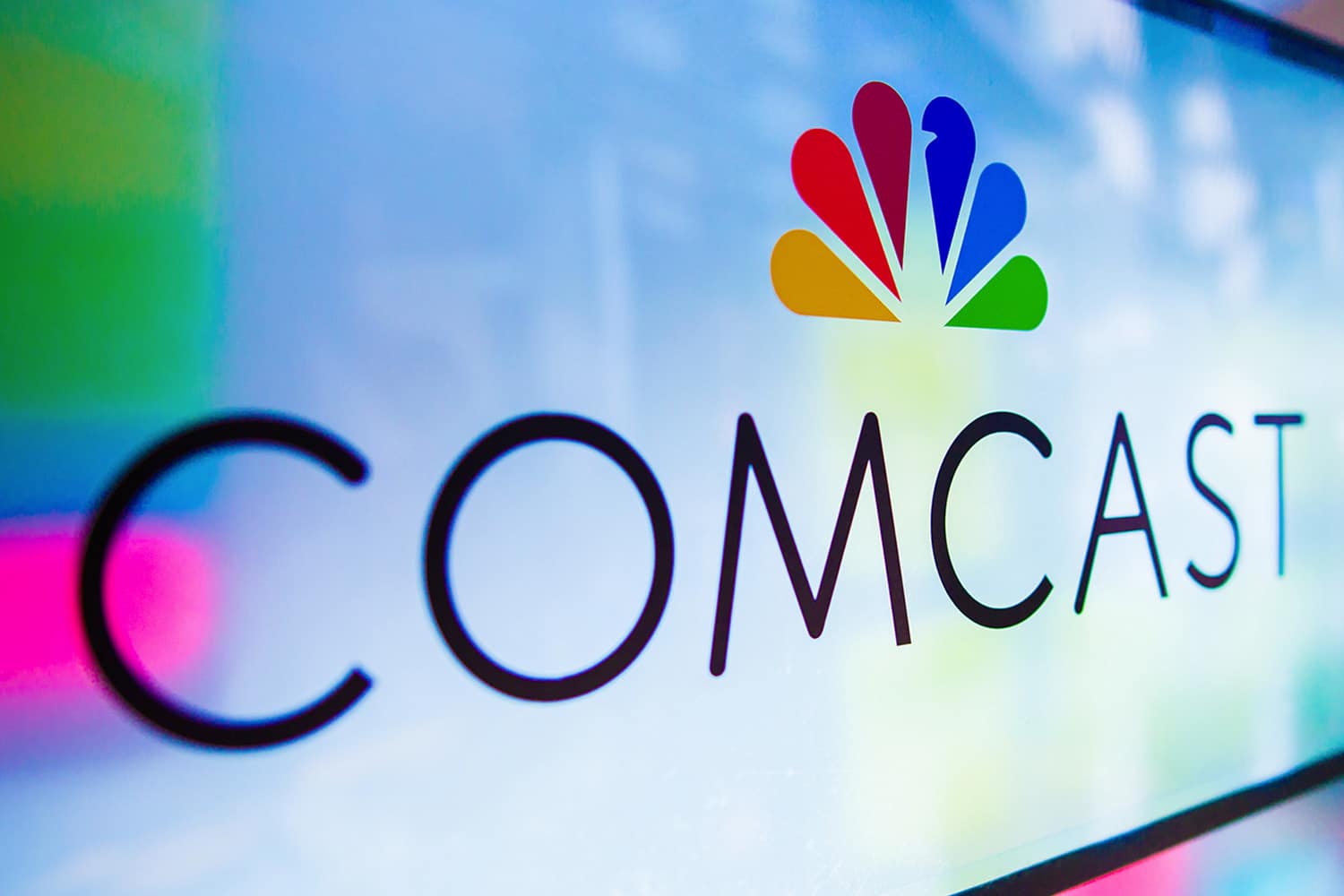

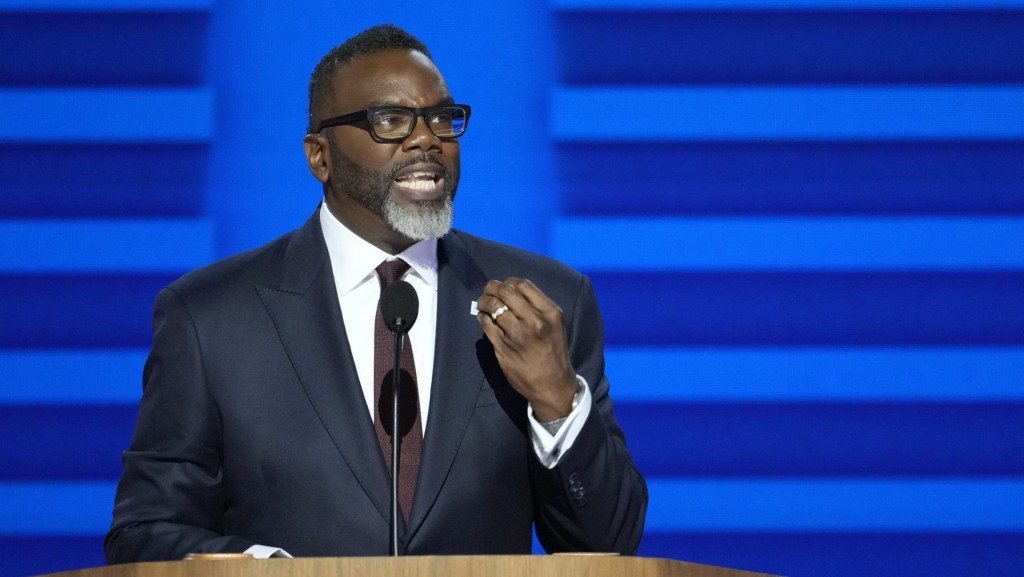
![[US, Mexico & Canada customers only] Sep 28, 2025; Bethpage, New York, USA; Team USA's Bryson DeChambeau reacts after hitting his approach on the 15th hole during the singles on the final day of competition for the Ryder Cup at Bethpage Black.](https://frontofficesports.com/wp-content/uploads/2026/03/USATSI_27197957_168416386_lowres-scaled.jpg?quality=100&w=1024)


![[Subscription Customers Only] Jun 15, 2025; Seattle, Washington, USA; Botafogo owner John Textor inside the stadium before the match during a group stage match of the 2025 FIFA Club World Cup at Lumen Field.](https://frontofficesports.com/wp-content/uploads/2026/02/USATSI_26465842_168416386_lowres-scaled.jpg?quality=100&w=1024)
![[Subscription Customers Only] Jul 13, 2025; East Rutherford, New Jersey, USA; Chelsea FC midfielder Cole Palmer (10) celebrates winning the final of the 2025 FIFA Club World Cup at MetLife Stadium](https://frontofficesports.com/wp-content/uploads/2026/02/USATSI_26636703-scaled-e1770932227605.jpg?quality=100&w=1024)



